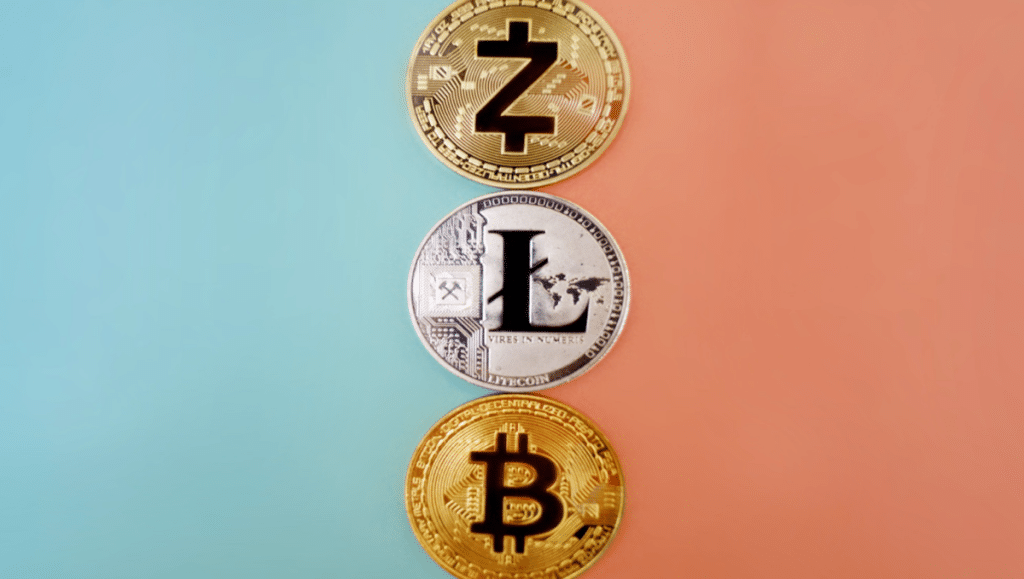In our era of modern technology, where personal data is continuously gathered and exchanged, privacy is a source of concern for internet users. As the internet expands and the volume of online data exchange increases, it is important for users to shield their personal information online from unauthorized access. Digital currency provides a solution to this concern in bringing privacy and anonymity to transactions carried out in certain cases.
The Rise of Anonymity in the Digital Age
In the past, maintaining anonymity was a breeze. People could go about their daily routines without leaving any digital trace behind. However, the internet changed everything – people’s lives have become intertwined, and personal information is constantly being gathered and stored by various entities.
Entities like social media platforms, search engines and online retailers are just a few examples of those collecting and storing people’s personal data. While this information can be used to offer personalized experiences and targeted advertisements, it also poses a significant threat to personal privacy.
Consequently, concern have increased about online privacy and people are actively searching for ways to safeguard their data. This has given rise to tools that offer anonymity and data protection like Virtual Private Networks (VPNs), encrypted messaging apps and platforms that allow anonymous browsing.
The Role of Digital Currency in Privacy Protection
Digital currency has played a significant role in protecting privacy in various scenarios. One notable example is in online shopping. When making purchases online, traditional payment methods often require users to provide their personal information, including their name, address and credit card details. This information can be vulnerable to data breaches and identity theft.
With digital currencies however, users can make purchases without revealing any personal information. Instead, transactions are conducted using unique cryptographic keys, ensuring that personal details remain private and secure. This does not only protect users from potential data breaches, but also eliminate the risk of their information being sold or shared with third parties.
Another area where digital currency is ensuring privacy is in making financial transactions. The traditional banking system often requires individuals to disclose their financial history and personal information when opening an account or applying for a loan. This information can be used to track and monitor an individual’s financial activities.
With digital currencies, individuals can maintain their privacy by conducting financial transactions without the need for an intermediary or a central authority. This decentralized nature of digital currencies ensures that financial information remains private and secure, away from the prying eyes of banks and government institutions.
Privacy Protection at Online casinos
One area where digital currency has had a significant impact on privacy protection is in the realm of online casinos. Traditionally, when playing at an online casino, individuals are required to provide personal information such as their name, address and payment details. This information is often stored by the casino which makes it vulnerable to hacking or misuse.
With the introduction of digital currency however, individuals can now play at online casinos without revealing their personal information. By using digital currency such as Bitcoin, casino users can make deposits and withdrawals without the need for personal information. This does not only protect their privacy, but also eliminate the risk of their personal information falling into the wrong hands. However, players would still need to do their diligence; for example, going through a Bitcoin slots guide to find a reliable crypto casino platform that suits their needs.
Digital currency transactions are processed quickly and securely, allowing users to enjoy a seamless gaming experience. With traditional payment methods such as credit cards or bank transfers, transactions can take several days to process, leaving individuals waiting for their funds to become available. With digital currency, transactions are processed almost instantly for the user to start playing immediately.
Conclusion
The advent of digital currency has brought about a revolution in anonymity – with implications that extend far beyond safeguarding privacy. As a result, digital currency is disrupting the conventional financial system by empowering more individuals who prefer the anonymity it offers to take charge of their financial dealings. By using digital currency, people are no longer dependent on banks or other financial institutions to facilitate their transactions. They can now send and receive money directly.
Moreover, digital currency holds the potential to offer financial services to those who are unbanked or underbanked. In many parts of the world, people lack access to traditional banking services which hinders their participation in the global economy. However, digital currency can bridge this gap by providing a secure and easily accessible means of conducting financial transactions.

